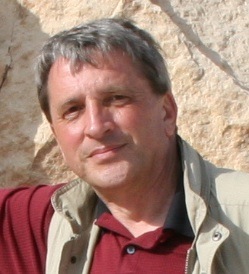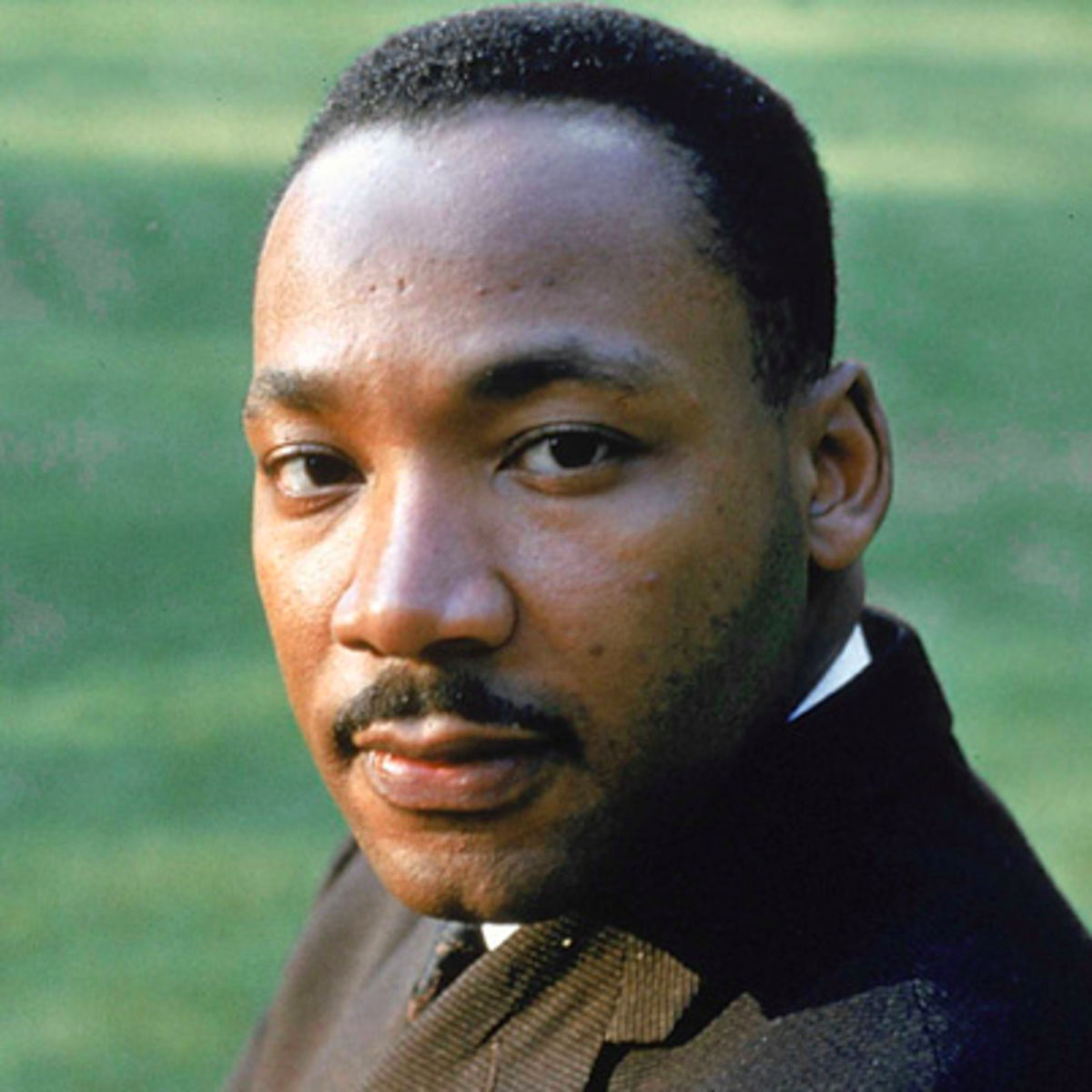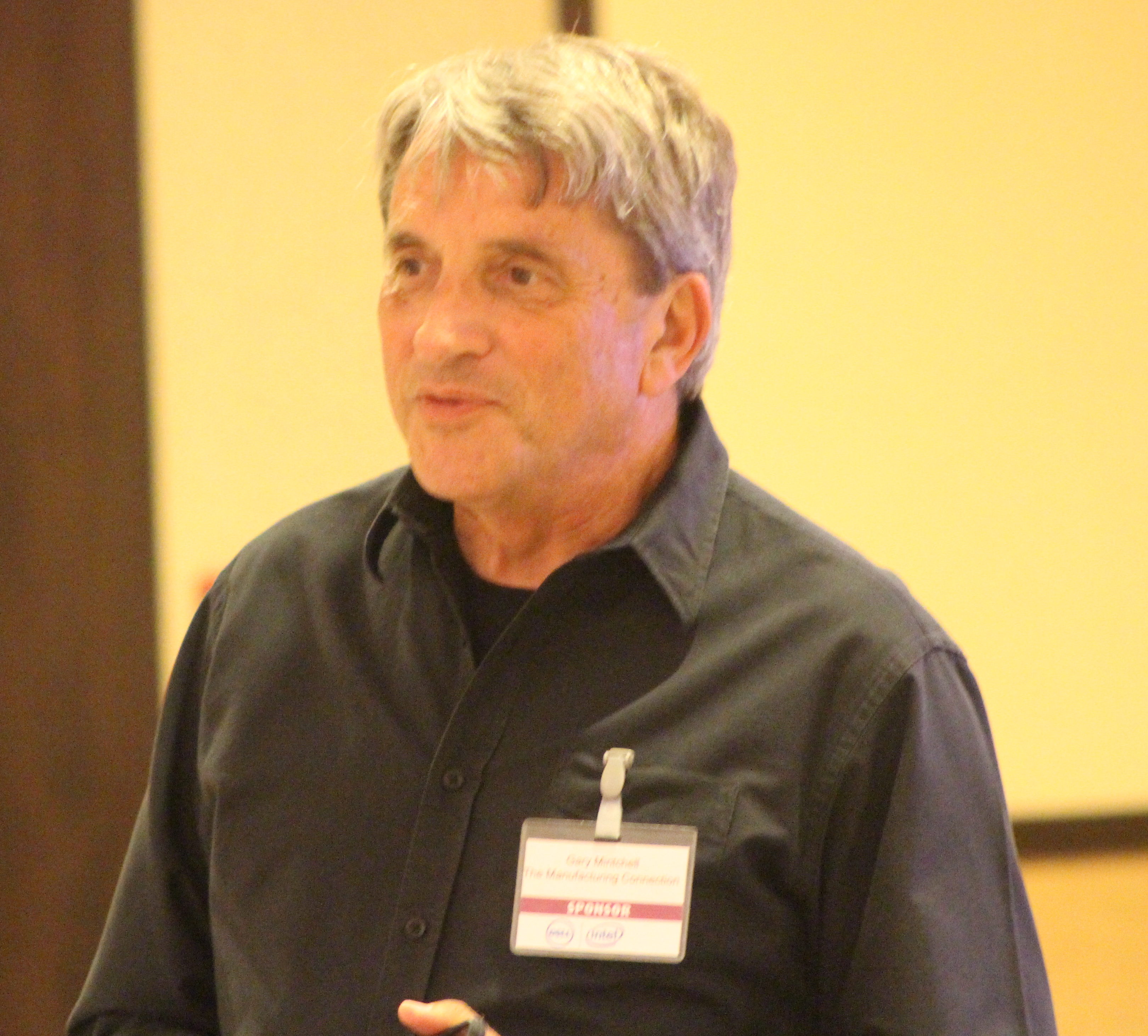
by Gary Mintchell | Aug 13, 2018 | Education, Podcast, Productivity
What you fill your mind with is what you become. You can spend your life listening to bubble gum for the brain or stuff designed to stir up your emotions–or, you can fill your mind with positive thoughts and material designed to teach and expand you.
I listen to podcasts. At least an hour a day. I just finished one that is a must-listen. (Of course, other than mine 🙂
This is the podcast of Tim Ferriss (4-hour Work Week, Tools of the Titans, etc.). He just interviewed George Raveling in the most fascinating conversation I’ve heard in years.
Learn about his reading habits and how he takes notes. He gifted Ferriss with a number of books including one of my favorites–Eric Hoffer’s The True Believer-Thoughts on the Nature of Mass Movements. I read it in the mid-60s and the ideas have formed much of my outlook. He wrote it in 1951, but it is just as relevant today.
Raveling was the first black basketball head coach in the PAC 8 (later PAC 10) at Washington State and then the first black head basketball coach in the Big 10 while at Iowa. Later he coached at USC. He became Global Director of Sports Marketing at Nike and was instrumental in signing Michael Jordan and beginning the Air Jordan dynasty.
He was born in Washington, D.C. and essentially orphaned at age 13. He tells the story of getting into a Catholic school, his many mentors, and how he wound up on the podium during Martin Luther King’s “I have a dream” speech.
For your own personal growth and development, you need to listen to this.
A couple of quotes:
“I’ve always had this theory that, if you help enough people get what they want, you’ll always get what you want.”
“If it has to be, it’s up to me.”

by Gary Mintchell | Jul 6, 2017 | Leadership, Marketing, Productivity
What one thing could you do today, this week, this month, this year that would have the more impact on yourself, your company, your organization?
“One of the most empowering moments of my life came when I realized that life is a question and how we live it is our answer.” So states the theme of The ONE Thing: The Surprisingly Simple Truth Behind Extraordinary Results, Gary Keller with Jay Papasan.
Jim Truchard, known as Dr. T within National Instruments the company he cofounded, recommended this book last May when I was down in Austin at the company’s conference.
The journey toward the ONE Thing begins with a question. Keller says, “Voltaire once wrote, ‘Judge a man by his questions rather than his answers.’ Sir Francis Bacon added, ‘A prudent question is one-half of wisdom.’ Indira Gandhi concluded that ‘the power to question is the basis of all human progress.’ Great questions are clearly the quickest path to great answers.”
Keller calls this the focusing question. What are you trying to solve? Where do you want to go in life? What sort of person do you wish to be?
Find your question.
Understand and believe it
The first step is to understand the concept of the ONE Thing, then to believe that it can make a difference in your life. If you don’t understand and believe, you won’t take action.
Use it. Ask yourself the Focusing Question. Start each day by asking, “What’s the ONE Thing I can do today for [whatever you want] such that by doing it everything else will be easier or even unnecessary?” When you do this, your direction will become clear. Your work will be more productive and your personal life more rewarding.
Make it a habit. When you make asking the Focusing Question a habit, you fully engage its power to get the extraordinary results you want. It’s a difference maker. Research says this will take about 66 days. Whether it takes you a few weeks or a few months, stick with it until it becomes your routine. If you’re not serious about learning the Success Habit, you’re not serious about getting extraordinary results.
Keller talked about habits, something I’ve discussed regarding Charles Duhigg’s book, The Power of Habit. Or as Keller puts it, “People don’t decide their futures. They decide on their habits. Their habits determine their future.”
What one big thing will double my sales next year?
What one big thing will stabilize financing for my nonprofit?
What one big thing will be the service that defines our organization?

by Gary Mintchell | Jun 9, 2017 | Productivity
I’ve been going through a number of notes accumulating over the past few months. Most relate to personal development and growth. This one I picked up from Kevin Roberts–long time leader in the advertising industry.
These are all important skills. If you’re unsure where you are and where to begin–try active listening. That is a basic skill in marriage, business, volunteer work, and any interpersonal interaction.
Developing a new skill? Try to find a way to use it daily. After 28-30 days it will become part of you. But you have to begin intentionally.
Here is Roberts’ list:
- Storytelling. One of the most effective ways of connecting with people. There is an art to it: plot, character, timing. Embroider and polish your best encounters.
- Mindfulness. Clear your head and focus on one thing at a time.
- Emotional thinking. Make the big decisions with your heart, the small ones with your head. The electromagnetic frequency of the heart is ten thousand times stronger than that of the brain. The brain takes its orders from the heart.
- Negotiating. I’ve learnt a lot about this from my children. There are times to be tough, and times to be tender. Figuring out which to do when is often the challenge!
- Delegating. Something my children have learnt from me. They all knew RASCI from a young age.
- Showing appreciation. Finding the right words can take a few goes but it’s always beneficial to show gratitude.
- Active listening. Your eyes have as much to do with this as your ears. The subtext, what’s not being said, always reveals a greater truth.
- Learning from your failures. A genius is someone who makes the same mistake once. We’re defined by the way we learn from our failures.
- Making lists. Hands-up everyone who puts things on a list just for the pleasure of crossing it off?! Be a compulsive to-doer. It keeps you going continuously forward.
- Have fun. It’s harder than it sounds! Slipping into business-as-usual mode is easy. Leisure needs to be planned, scheduled, sought out – and best done with other people.

by Gary Mintchell | Jan 16, 2017 | Education, Leadership
“I have a dream.” Most Americans and people in many other countries know how to complete that introduction. Americans today celebrate the life of of Rev. Martin Luther King, Jr.
His dream–that all peoples would be judged on the strength of their character rather than the color of their skins.
Many laws were passed in his wake. Much has been done to make society more fair in America–and probably many other places.
But almost every news I see from everywhere in the world, people are still wrestling with bringing this basic respect for other people–especially those who differ from us–into our thoughts and lives.
I heard a couple of guys talking in the locker room recently. They were talking about black people in the classic “they are lazy and on drugs and always looking for a handout” manner. I’m sure I didn’t confront them, because I’m personally pretty non-confrontational. But I must have said something, because one said, “Do you think we’re racists?” I thought to myself, “Well, yes, I do.” But he didn’t think he was. <sigh>
Respect for people is the foundation principle of Lean.
A workplace with a diverse group of people outperforms one where everyone is the same.
We know these work.
It only takes a small step every day to bring that dream into general reality.

by Gary Mintchell | Dec 30, 2016 | Productivity
“Your imagination is your preview of life’s coming attractions.” — Albert Einstein
A good salesperson runs through the entire interview with her client in her mind while she’s still in the car.
A great college football running back viewed video of his best plays and then ran the back in his mind.
A speaker visualizes his performance while off stage before anything begins.
People make lists of New Year’s Resolutions and then file them away–undone. Years ago I gained a shred of wisdom when I realized I was just copying last year’s resolutions and reprinting them in the front of my planning diary (before it was all electronic). Why go through the exercise only to feel guilt at the end of the year? Or the first of February?
Albert Einstein made his mark in physics not through his knowledge of math but through his imagination. He imagined gravitational pull on planets and stars, and light traveling through time. That told him which equations to work out and how to work them.
Instead of lists (which I love for remembering things to do or for brainstorming) why not try imagination? Imagine what your year could be like and what sort of person you will be.
- Imagine joining a group that promotes a cause you admire. See yourself there. Then call someone next month.
- See yourself reading two books a month for personal growth. Then download several books for your tablet app. Or visit a bookstore and buy a few books. Put them in a visible place. Read for an hour every morning or evening. You’ll be amazed.
- Visualize time with the family.
- See yourself at the gym every morning or evening. See the entire process of getting there, your workout, the sauna, the shower, feeling refreshed.
- What can you imagine for yourself? There are no limits in imagination. Let it loose and follow it where it goes.
Who sees the irony of my making a list of suggestions? 😉
Happy New Year.
PS: I have mostly taken the week off for thinking and imagining. So my December stats will suck. I’ll be back at it next week with more connected manufacturing coverage, leadership thoughts, and occasional marketing tips.









